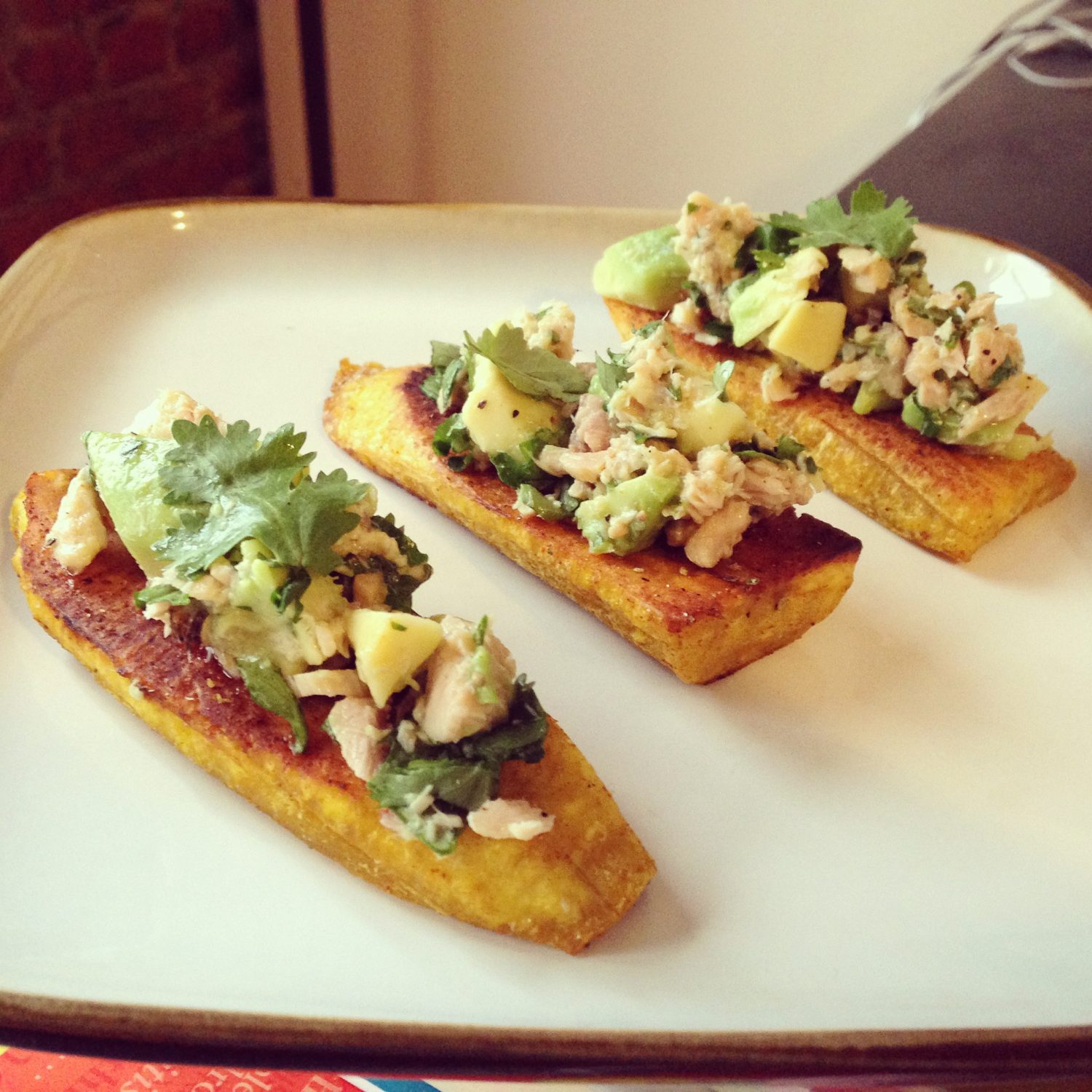Warning: Undefined array key "sharing_networks_networks_sorting" in /var/www/wp-content/plugins/monarch/monarch.php on line 3904
Warning: Trying to access array offset on value of type null in /var/www/wp-content/plugins/monarch/monarch.php on line 3904

Elisa Haggarty is a NYC Certified Holistic Health Coach and Natural Foods Chef who was educated at the Institute for Integrative Nutrition. Through her company, Culinary Farmacy, Elisa empowers people to realize their full potential. I entrust her with my own clients because I have experienced first hand just how well her system works. She focuses on educating, inspiring and empowering people to live abundantly rich and healthy lives. Below, she shares with us her insight on how runners can maximize their potential through proper nutrition.
-Dr. Laura Miranda, DOWNTOWN Magazine’s Fitness Editorial Director
I have been a runner my entire life. In fact, when I was just three years old my mom watched me trot 4 laps around a track without stopping. I went on to run competitively for many years despite living off Little Debbie treats and PB&Js. But although I was winning some races as a kid, I was struggling in every other aspect in life. Even though my sheer willpower to win seemed to overpower my poor diet, my health suffered in other ways. I dealt with poor attention span, poor sleep patterns, chronic headaches and insane sugar cravings.
I never once connected my diet to my performance, nor did anyone around me.
For most of my life, I ran quickly and consistently. Because I was fit and thin, I assumed like many other runners that I could eat whatever I wanted. While runners do tend to have an incredible metabolism because of the sheer volume of training, the “I earned this entire cake” mindset is not pushing us ahead of the pack.
This sort of mass consumption of pasta, granola bars, energy drinks and oatmeal may give you high amounts of calories and fill you up quickly, but is it really helping your performance and most importantly, your health?
Not one bit.
In fact, these calorically dense and highly processed foods are putting you at risk for metabolic failure and poor recovery.
Listen up. Your body doesn’t count calories, it measures nutrient density and more importantly, it depends on proper utilization of these nutrients first and foremost.
When I first begin consulting with athletes (amateur or professional), the first thing we do is clean up the diet of these common “runner foods” and focus more on ensuring that two things happen:
1) We create an environment where the body can absorb nutrients properly.
Energy bars and pasta bowls are actually blocking nutrient absorption! I highly recommend runners, athletes and everyone really, start weaving some fermented foods into their daily diet. Sauerkraut and Kimchi on the side for lunch? Yes, you bet. Remember that a diet high in pre-biotic rich foods like leafy greens, onions, cabbage, garlic, artichokes and leeks helps to create an environment where the healthy bacteria found in fermented foods can colonize and thrive. Switch out the sugary granola for a warm miso soup and sautéed kale in the morning and pretty soon your body will be efficient at making use of what you eat.

2) Eat more fat.
While your body does utilize glucose as a main source of energy, it also has the ability to use fat stores for energy. Fat helps maintain cell integrity, hormone balance (think mood, sex drive, energy, stamina) and keep your blood sugar levels stable. Contrary to popular belief, fat does NOT make you fat, but energy bars and pasta do! For endurance athletes, fat consumption is vital for performance and health. So many athletes complain of being “hungry ALL the time” and as soon as I look at their daily diet, I know why.
It takes time to make changes like this and switch out your “go-to” snacks but, trust me, you aren’t just eating for optimal performance here, you are eating for optimal health. Remember that vitamins A, D, E and K are fat soluble so eat some variation of avocados, eggs, cold water fish, nuts, seeds, olive oil and coconut oil in every meal.
You can find out more information and start your healing journey by checking out the Culinary Farmacy website.
-Elisa Haggarty

